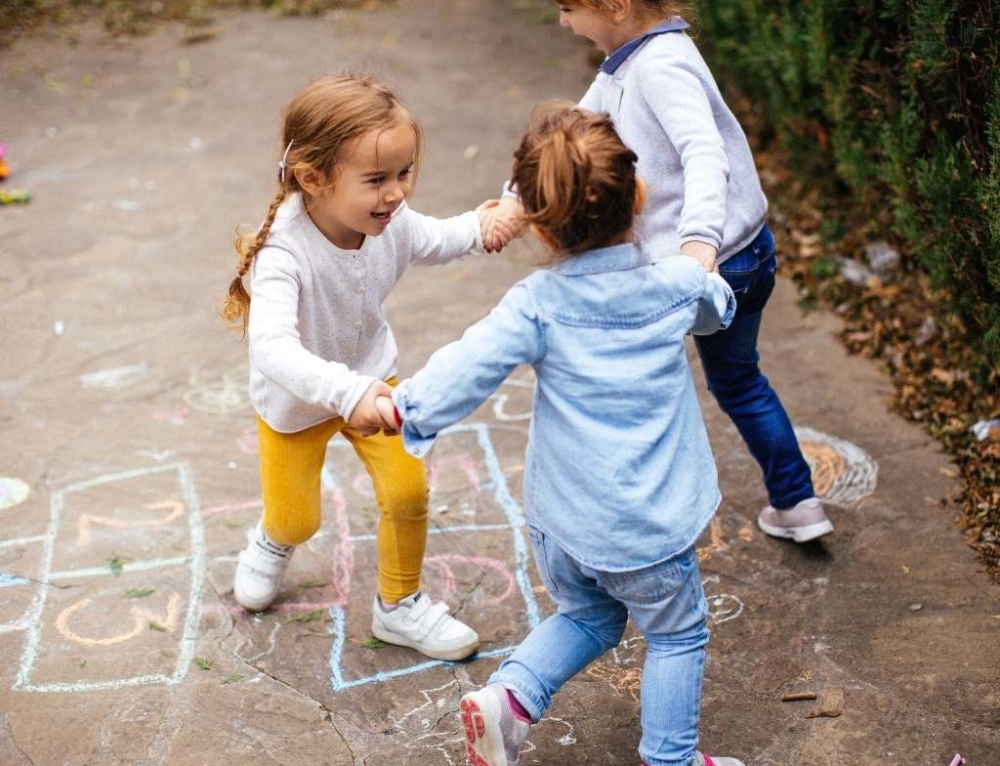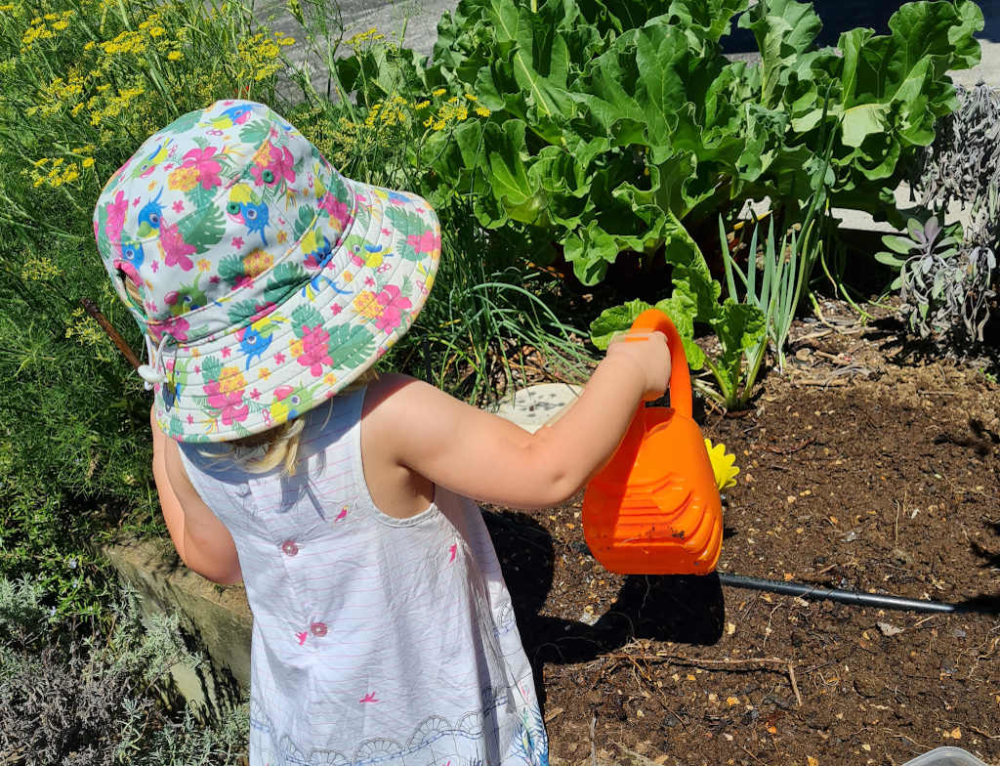The revered pediatrician Dr Benjamin Spock once said: “There are only two things a child will share willingly: communicable diseases and his mother’s age.” Sharing pretty much everything else – toys, books, their parents’ attention – doesn’t exactly come naturally to small children. But the sooner they learn how to do it, the quicker they’ll learn about compromise, empathy and how to cope with disappointment.
Every parent knows that sharing does not come naturally to toddlers or preschoolers, but here are some top tips for teaching kids to share without too many tantrums.
Don’t expect too much, too soon
It’s unrealistic to expect children under the age of three to share happily, says child psychologist Andrew Greenfield, although much depends on an individual child’s own cognitive abilities.
“Under the age of three you can talk about taking turns, and a good way to encourage sharing after the age of three is by choosing toys that are conducive to sharing,” he says. “Physical toys like bats and balls and simple board games like Connect Four are great because they can’t be played solo and they encourage kids to play with each other – one kid has a go and then it’s the other kid’s turn.”
Role-model rather than referee
The most powerful tool parents possess for encouraging sharing is positive role modelling instead of refereeing, Greenfield says, “Once kids get to four or five years of age, try to put the ball in their court. Instead of saying ‘Right, it’s my turn or it’s Joey’s turn’ say ‘I would really love to have a turn’ and then hopefully the motivation to share will become intrinsic rather than only offering to share because they’ve been told to.”
Point out good sharing in others
Pepper your conversation with comments like, ‘Your friend was sharing her toys really well – that was very kind of her’ or ‘Look at Giggle and Hoot taking turns looking at the photo album – they’re both having so much fun!’
Put away special toys before playdates
It’s perfectly fine for children to want a special teddy or doll just for themselves. Put anything extra-special away before other children come over, to avoid such predictable skirmishes.
Make sharing non-negotiable
If your child continually refuses to share, “It has to be put to them that not sharing is not an option,” says Greenfield. “And you have to be prepared to offer consequences.” These can be offered in one of four ways:
- Ignoring minor or uncharacteristic non-sharing behavior.
- Implement consequences such as taking away a favourite DVD for a day.
- Time Out for more extreme non-sharing behavior, especially if it’s escalated to violence.
- Distraction. “This is a hugely powerful tool.”
Use positive reinforcement but don’t overdo the praise
By all means use positive reinforcement when you see examples of good sharing, but be careful not to overdo it, Greenfield warns. “If kids hear praise all the time they start to share purely for the compliments, not because it’s simply expected of them,” he says.
There’s a difference between praising good behavior and simply acknowledging it. Instead of saying, ‘What fantastic sharing!’ say ‘Sharing your blocks with Billy made him feel so welcome in our house’. This kind of specific feedback gets kids thinking about the positive effects that their sharing has on others.
Read more on Kidspot:







Leave A Comment
You must be logged in to post a comment.